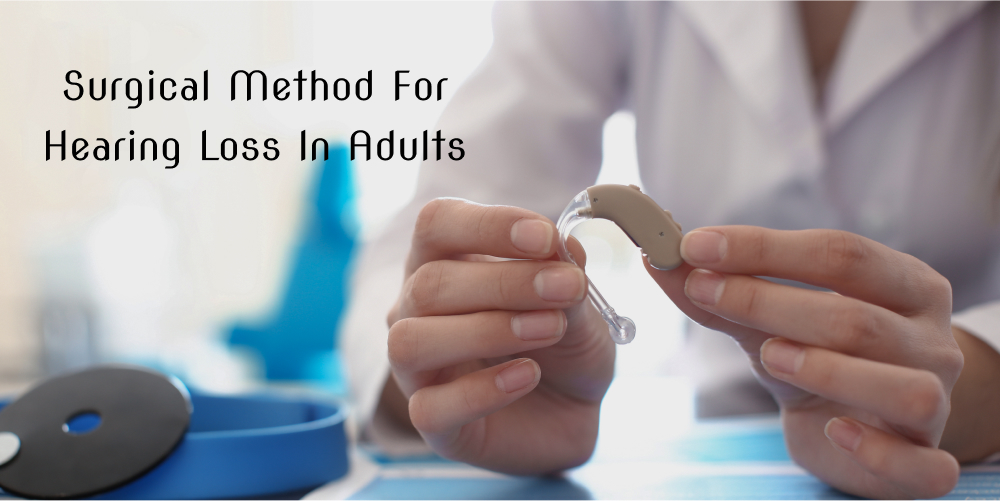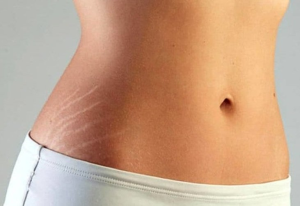
If a physical issue occurs inside or around the ear than doctor will suggest you surgery to regain/improve your hearing. NYU Lounge specialists are specially trained doctors for ear surgeries; they have expert knowledge and experience to help people in gaining hair loss back at any step of age.
Many types of surgeries are there; usually doctor’s recommends and choose operations according to your age, issue, health and symptoms. First lets discuss regular knowledge about hearing loss than we will discuss the surgical methods.
AGE-RELATED HEARING LOSS
Age-related hearing loss is the most usual type of sensorineural loss. The cause of presbycusis is multifactorial, with contributions from hereditary components, maturing, pressure, cochlear vascular changes, and environmental factors.
There is no prevalent accepted definition of hearing disablement, nor is there an invariably adopted scale for hearing loss. Characterizing hearing loss needs good tone audiometry. A person with normal hearing can hear sounds as soft as 25 dB; conversational speech 45 to 60.
Symptoms OF HEARING LOSS
If you have sudden, severe hearing loss, you will notice instantly that your capacity to hear has decreased dramatically or disappeared completely in the pretentious ear.
If your hearing loss is moderate, your symptoms may be more subtle. You may have difficulty with compassionate conversations.
Many diseases and conditions that cause hearing loss in an adult may produce additional symptoms including ringing in the ears:
Discharge or bleeding from the ear
- Deep earache, or pain in the ear canal
- Pressure or a “stuffy” feeling inside the ears
- Dizziness or problems with balance or equilibrium
- Nausea
CAUSES OF HEARING LOSS
Some important causes of hearing loss are
Middle ear disease a microbial infection of the inner ear can;
- damage the eardrum
- disrupt the middle-ear bones
- cause fluid buildup
-
- Noise Loud sounds can damage delicate cells within the ear. This is a form of sensorineural hearing loss. Noise-cause hearing loss can happen because of a single short rupture of an exceptionally loud sound. It more often results from long-term subjection to loud sounds of rather lower intensity.
- Sclerosis, an atypical overgrowth of one or more bones in the middle ear averts the small bones from moving normally. This is a type of conductive hearing loss. Sclerosis is frequently run in families.
- Acoustic neurons this noncancerous tumor grows on part of the eighth cranial nerve. This nerve carries signals to the brain. Acoustic neuroma frequently causes dizziness and equilibrium issues in addition to gradual hearing loss.
- Meunière’s Disease typically causes dizziness, hearing loss, ringing in the ears, and an impact of fullness or stuffiness in one or both ears.
- Trauma many types of accidents can cause hearing loss. Hearing loss can result when the eardrum is damaged from the force of an outbreak. Or it can result from a Q-tip that fractures the eardrum during an attempt to clean the ear canal.
- Drugs and many prescription and nonprescription remedies can damage the ear and cause hearing loss. These involve big dose aspirin and sure types of:
- Antibiotics
- Anticancer chemotherapy medicines/drugs
- Antimalarial drugs
How to Prevent Hearing Loss
If physical problems occur inside or outside the ear, a doctor suggests surgery to correct the certain problem and regain/improve your hearing. NYU Langone surgeons
1. Know What Risky Is.
Sounds are measured in decibels (dBA). Though independent toleration varies, the National Institute for Profession Safety and Health commends that workplace subjection is below 85 dBA throughout an 8-hour workday. Valid workplace limits are 90 dBA.
Customer Reports health and safety specialists say that extended subjection to 70 dBA the sound produced by a shower or less is safe for most people.
Specialists generally concur that sounds exceeding 100 dBA a level that can easily be excel by rock concerts, sporting events, movie theaters, gas lawn mowers, and snow blowers, some MP3 players played at maximum volume, and fireworks displays can be dangerous even in short rupture.
2. Block Out Loud Sounds.
If you’re stuck in a noisy area, you can diminish the sound with earmuffs or earplugs. Foam earplugs are a low-tech, cheap way to save your ears.
If you want to make sure that you get the maximum sound quality at concerts, head to an audiologist for custom-fitted earplugs. They’re more costly than the foam type but will let in a richer sound at a live show.
3. Use Headphones Wisely.
One-fifth of teenagers are estimated to have some form of hearing loss, which specialists impute to the ever-increasing use of headphones and earbuds.
The simple way to help save hearing loss from particular listening devices such as iPhones and MP3 players is to follow the 60/60 rule. Using over headphones especially the noise-canceling kind instead of earbuds may also help prevent damage.
4. Make Sure Your Ears Are Clear.
One of these days keeping hearing sharp means never more than warrant that nothing obstructs the ear canal such as impacted ear wax.
Have your doctor check your ears for an overabundance of earwax or bits of cotton if you have any concerns. I would inspire people to at least have a basic exam to start with and then work from there,Denney says.
5. Punch Up Your Healthy Habits.
Making a few lifestyle tweaks, such as improving your diet and getting more physical activity, maybe good for your hearing.
Surgical methods:
- Cochlear Implants
A Cochlear Implants is a small electric device that contains receiver that is planted inside the skin of ear. The receiver connects another small electric device that runs electric signal called electrodes, which is surgically planted inside the ear. Than external device has microphone in it plus speech recognizer and batteries are placed in top of ear.
This device work in form that external receiver receives sounds and process it than it transfer processed sound to the internal device that fulfill your malfunctioning section of ear.
- Stapedectomy
if reason of hear loss is due to otosclerosis, a situation that effect bones in middle ear known as stapes. Doctors usually recommend surgery in which old stapes is removed and new artificial part is planted inside the ear. Stapes plays vital role in transferring sound from middle ear to inner ear, if otosclrosis occurs, stapes is directly affected, may its vibration stops that will cause blockage in transfer of sound.
- Tympanoplasty
Tympanoplasty is a surgery done when to maintain or replace injured eardrum. Eardrum is the thin foil/membrane that makes a difference between middle ear and outer ear if eardrum is punctured or gets torn than surgeons can rebuild ear drum and can regain your hearing.
Website: http://foresthillsaudiology.com/
Our Address: 110-11 72nd Avenue Forest Hills,NY 11375


